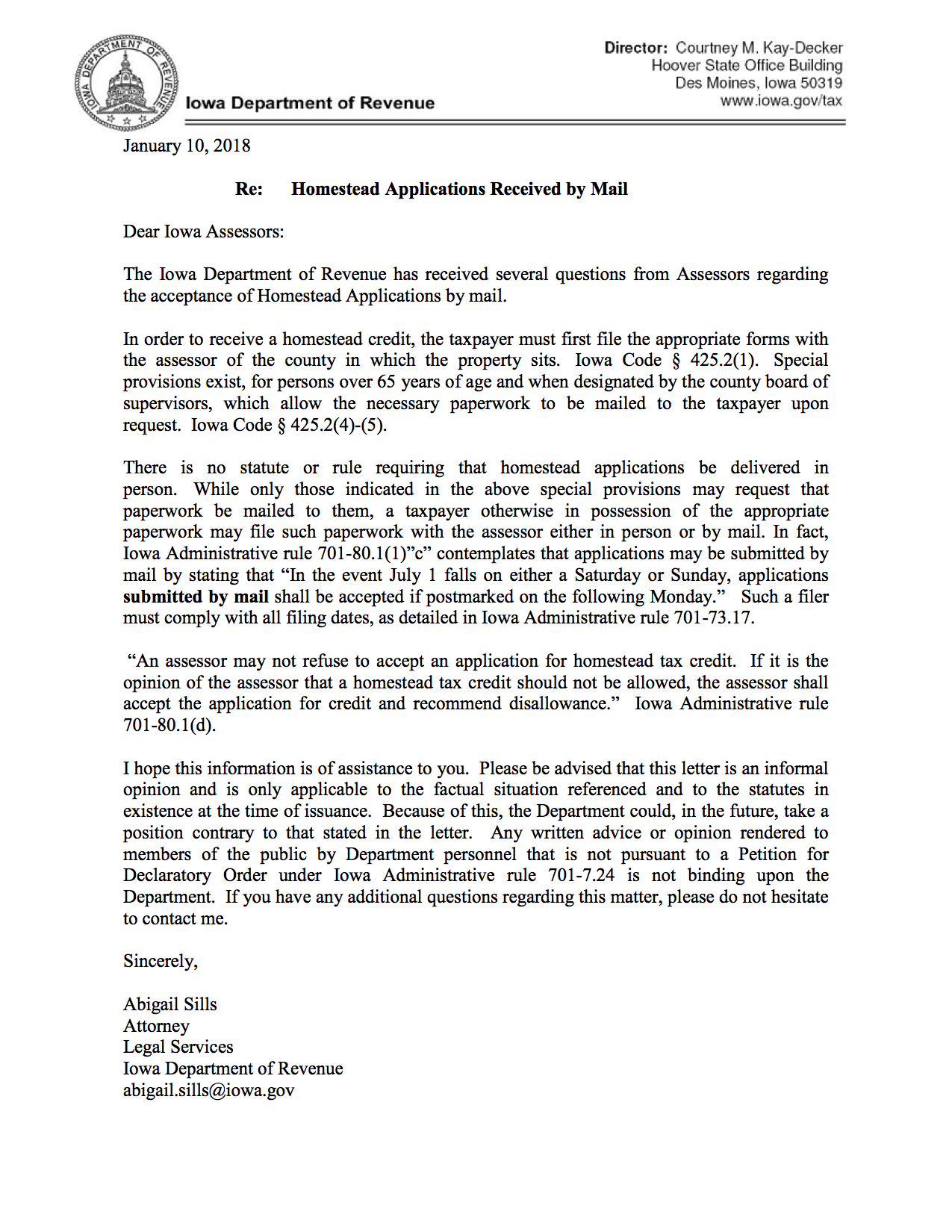A Brief Examination of E-Signatures in Real Estate Settlements
The adoption of digital signatures, electronic signatures or “e-signatures” upon real estate transaction documents is now unavoidable in today’s ever-changing real estate market. As their acceptance gains steam, we’ve found many buyers, sellers and even their professional representatives may not fully appreciate under what circumstances e-signatures may be used, and where their use is inappropriate. Accordingly, we thought we’d visit some frequently asked questions by some of our clients and their representatives in the context of a typical residential real estate settlement. By no means is this post exhaustive of the subject. Contact your attorney, lender or settlement service provider for specific requirements.
What is meant by “e-signature”?
Although deceptively simple, it is best to know precisely what defines an “e-signature.” A good place to start is to consider what an e-signature is not. It most definitely is not a “wet signature,” or putting pen to paper. It is also not the practice of simply pasting a pre-existing signature image to a digital image or document. Nor is it inscribing an “/s/” near one’s typewritten name. And it is definitely not the same as using the italics font on Microsoft Word. An e-signature is a legally authenticated signature conforming to the requirements set forth under the Electronic Signatures in Global and National Commerce Act (the “E-SIGN Act”), in combination with various state and local acts, and having the effect of being equal to the original paper copy documents from which they derive.
Essentially, a proper e-signature is obtained through a service that initiates a verification process with the signatory thereby creating a digital fingerprint generating and storing an audit trail that can uniquely identify the person signing. Of course, the generation of this information, as well as the storage of this information, is the backbone to making this process legitimate, and it must be done in accordance with the law and its related rules and regulations.
In practice, these legal standards are typically met by setting up an account through a third-party service willing to bear the responsibility of compliance. Hence, any party accepting a digital signature on a document should have already met the pre-requisites for obtaining and storing e-signatures before they begin considering how they will go about garnering digital signatures on documents. Typically, the e-signings we encounter are administered through professional vendors such as Adobe, Dotloop, and Docusign.
What are the general governing laws on e-signatures?
The limits to which an e-signature may be used in real estate transactions are drawn by federal law, state law, county rules and regulations, and individual lenders’ policies. The E-SIGN Act governs the federal side (See 15 USC 7001 et seq.), while the Uniform Electronic Transaction Act (UETA) is the uniform act applicable at the state level. Most states have adopted in some fashion the UETA, and Iowa is no exception. (See Iowa Code § 554D.)
What does Iowa law say about e-signatures?
In part, Iowa law defines “electronic signature” as an electronic sound, symbol, or process attached to or logically associated with a record and executed or adopted by a person with the intent to sign the record. The chapter applies only to transactions between parties each of which has agreed to conduct transactions by electronic means. Whether the parties agree to conduct a transaction by electronic means is determined from the context and surrounding circumstances, including the parties' conduct.
A signature, and a resultant contract derived therefrom, cannot be denied legal effect or enforceability solely because electronic signatures are used. However, should another law provide that a record be presented in a particular way, posted in a particular place, sent, communicated or transmitted by a particular method, the record must be presented accordingly.
The authenticity of an electronic signature may be shown in any manner, including showing the “efficacy of any security procedure applied,” in determining whether a signature is actually attributable to the person so specified.
Changes or errors in an electronic record occurring in a transmission between parties to a transaction, may have significant consequences. Nonconformance to agreed upon procedures may mean that one party can avoid the effects of an erroneous record. However, the avoiding party must fulfill certain requirements to avail themselves of this protection. Notice of the error is but the first step.
What does Iowa law say about notarized documents using electronic signatures?
Iowa Code § 554D.113 states:
“If a law requires a signature or record to be notarized, acknowledged, verified, or made under oath, the requirement is satisfied if the electronic signature of the person authorized to perform those acts, together with all other information required to be included by other applicable law, is attached to or logically associated with the signature or record.”
Put simply, notarial officers may use electronic signatures so long as the substance of the notarial block has the information required by laws associated with the act. As of this writing, the law states electronic notarization in Iowa must be done by a notary public who has not only notified the Secretary of State’s office prior to electronically notarizing anything but also has received approval of their methods for notarization and “stamping” by the Secretary of State.
How are County Recorders treating electronic signatures?
Predictably, the County Recorders are somewhat hesitant to go headlong into electronically signed documents let alone paperless submissions. The Iowa Code affords some room to evolve by granting governmental agencies of this state the deference to determine whether, and the extent to which, the agency will create and retain electronic records and convert written records to electronic records. This is where further regulations by the Secretary of State and the Department of Administrative Services are a factor. We contacted some Recorders’ offices to discover they are still hoping to see more bright-line guidance from the Secretary of State when it comes to handling any type of electronically executed documents in Iowa. Hence, the default setting right now for 99 offices throughout the state is skepticism.
Something to consider for paper instruments submitted with electronic signatures is that any document that must be recorded with a County Recorder’s office will not be accepted if it does not satisfy their standards for execution. The universal barrier to acceptance by the County Recorder is whether a document has a proper acknowledgment, and electronically signed instruments are going to be subjected to higher scrutiny to be sure they meet those requirements. Acknowledgments in Iowa, whether signed in ink or electronically, must still be issued by an approved notary who witnesses the signatory act in person. That standard for proper acknowledgment alone advocates for maintaining the status quo. For all practical purposes, it has yet to make any sense for the notary and signers to use any means other than the tried and true wet signatures if everyone needs to be in each other’s presence.
What do federal laws say about e-signatures on real estate settlement documents?
There are common instances when an e-signature may be used on settlement documents that are not a part of the deed (or transfer) package, i.e. those documents required to settle a loan during a real estate closing transaction as defined under RESPA. In 2008, HUD issued a RESPA Reform Rule (73 Fed. Reg. 68204, November 17, 2008) that included substantive and technical changes to the existing RESPA regulations and different implementation dates for various provisions. In addition, HUD clarified that all disclosures required by RESPA are permitted to be provided electronically, in accordance with the E-SIGN Act. See 15 U.S.C. 7001 et seq. The Consumer Finance Protection Bureau (“CFPB”) has further stated its acceptance of e-signatures on any such instruments so long as they comply with the E-SIGN Act’s disclosure, consent, signature, presentation, delivery, and retention requirements. See 12 CFR 1024.3.
The Federal Housing Authority (FHA) adopted consistent, but more stringent, requirements on accepting e-signatures. The FHA accepts e-signatures on all documents contained in the Mortgage Insurance Endorsement Documents binder. Additionally, FHA accepts e-signatures on documents associated with servicing or loss mitigation services, insurance claims documentation, and HUD Real Estate Owned (REO) documents. However, they will not accept e-signatures on any Note for HECM mortgages. Interestingly, the FHA also states explicitly that it will not accept any voice or audio signatures. Again, it is incumbent upon the mortgagee to ensure close adherence to the E-SIGN Act requirements, and the FHA expects the mortgagee to obtain any Authoritative Copies (as that term is defined in the Act) of the signatures and be their safe keeper. See 4000.1 II.A.i.a.i.(A)(4).
Who decides whether an electronically signed closing document is acceptable, and what’s the big deal?
As stated earlier, the County Recorder plays a significant role as gatekeeper in validating transfer documents. The whole transaction will not be valid if the transfer documents are not properly recorded.
Even if an e-sign transfer document should get past the County Recorder’s scrutiny, you can safely bet that the next title examiner to review the abstract containing such an entry will call out an objection if it does not align with the rules. Ultimately, that may cost the party “signing” (or their representative) to Simply lose time and money in correcting the deficiency, or it could also have the more serious effects of invalidating a property transfer or destroying notice of a mortgage to third parties. And that is but the tip of the liability iceberg.
Additionally, the decision on whether to accept an otherwise legally e-signed real estate settlement document is left to the individual policies adopted by each individual lender. Any settlement agent who represents a lender is going to defer to their client’s policy in each and every instance. In most instances, the requirements will vary as each lender seeks to satisfy the requirements of their many “secondary market” service providers. To be sure of those requirements, always contact your lender or their settlement agent to ascertain what’s appropriate.
Also, if an e-signature does not meet these requirements, any document signed using an e-signature, such as loan application forms or closing disclosures will not be valid under federally-applicable laws and regulations such as the Truth in Lending Act or Real Estate Settlement Procedures Act.
Where do things go from here?
Last but certainly not least, there is the issue that is at the central concern of all these policies: fraud. It’s no secret that fraud runs rampant in the real estate industry. With a typical residential transaction involving hundreds of thousands of dollars, it is a veritable feeding frenzy for scam artists and hackers. Increased use of e-signatures simply invites additional opportunity for these criminals to access assets, so it would seem only appropriate if many of these institutions are somewhat hesitant to dive in to this technology before these newer standards have proven to be tried and true.
It may be difficult to confirm or prove that a typed name or mark was (or was not) intended to be an e-signature. It may be difficult to confirm or prove that an informal exchange of e-mails was (or was not) intended to be an e-contract. It may be difficult to confirm or prove that the person to whom an e-mail was sent (and not a third party with access to such person’s computer) was the person who responded with an e-signature. It may be difficult to prove that the other party to the e-contract altered it after its execution.
To date, there are no published cases discussing what constitutes an “e-signature” under the laws and, as such, the boundaries are still blurred, so REALTORS (and lenders and other businesses) need to exercise care in their electronic transactions with customers to avoid being (or to ensure they are) contractually bound.
That said, be aware that laws, rules and regulations, and lender preferences are evolving dramatically. With increased lender use of “electronic closings” and the potential advent of blockchain technology in real estate transactions, we are sure to see an ever-expanding use of the e-signature and developments in paperless security in our industry. Staying current on use of e-signatures is paramount. Note however that any efficiency that may have been gained through application of an e-signature is quickly lost if used in the wrong context. Communicate liberally with those document “gatekeepers” with which you regularly conduct business. It will save you a great deal of time and effort.

















